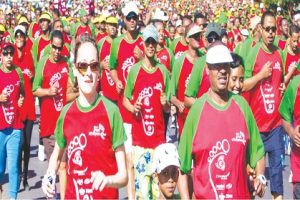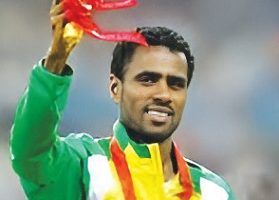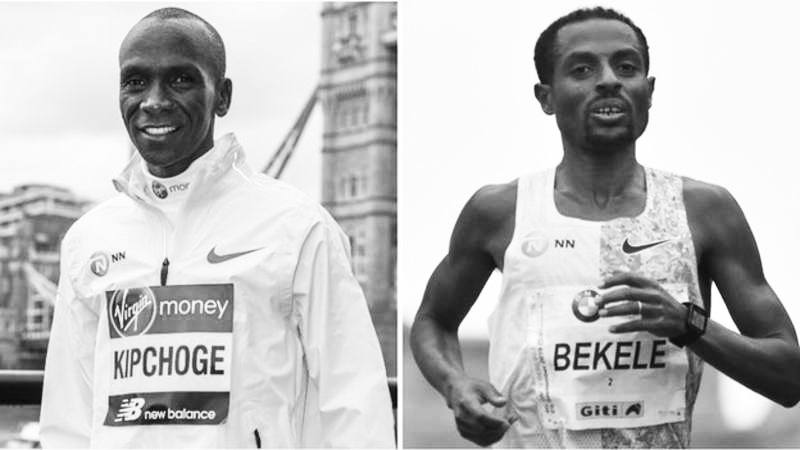
Currently, the fight against doping in sport has mobilized many players. The sporting movement, for its part, brought to the fight against doping. The World Anti-Doping Agency (WADA) is obliged to adopt and implement policies and rules against doping that conform with the Convention or Code, and to assure that all of their members do the same.
The implementation of the International Convention against Doping in sport by a government whether through legislation, regulation or financial measures, can also lead these sports to adopt anti-doping policies and programmes aligned with the Code.
Acoridng to WADA, countries are responsible over unethical behavior particularly doping in sport, and all countries to take concerted action. The governments around the world have agreed, at the global level, to apply the force of international law to anti-doping. This is important because there are specific areas where only governments possess the means to take the fight against doping forward.
World Anti-Doping Convention or Code helps to formalize global anti-doping rules, policies and guidelines that will help to provide an honest and equitable playing environment for all athletes. There is a degree of flexibility as to how governments can give effect to the Convention, either by way of legislation, regulation, policies or administrative practices.
The Ethiopian National Anti-Doping Office (ETH-NADO) has been strengthening awareness on anti-doping and creating doping free environment in all sporting activities said Tesfaye Yifru, Investigation and Monitoring Director told The Ethiopian Herald.
Restrict the availability of prohibited substances, including measures against trafficking, facilitate doping controls and support national testing programmes, withhold financial support from athletes and athlete support personnel, encourage producers and distributors of nutritional supplements to establish best practice in the labeling, marketing and distribution of products which might contain prohibited substances, support the provision of anti-doping education to athletes and the wider sporting are key areas to fight against it.
Mentioning the hero athletes like Abebe Bikilia and others as exemplary for Ethiopians athletes. Abebe and other athletes taught us (Ethiopians), the winning secret or mentality without using any doping substances. So, athletes and other persons should follow the footsteps of these athletes.
AS to Tesfaye, the office is working prioritizing athletics, football, cycling, boxing and Paralympics and other sport activities for anti-doping engagement in the country. Now, Ethiopia is in the better position in promoting free sport and ensuring the rights of athletes to compete in doping free sporting atmosphere. It is also at the top in African countries in combating doping in organized way.
Varies activities are underway, especially social campaign or mobilization about the globally growing tendency of doping to curb the situation. Basically, the office has been in the anti-doping movement for the past years working in collaboration with stakeholders. Including awareness creation and education, various mechanisms of testing at project level, regional and elite athletes are ongoing.
ETH-NADO has been creating awareness on testing procedures, how to tackle doping, and how to practice clean sports and the office is doing well at all levels, he pointed out. “We did a lot of work on youth, junior and the elites in collaboration with the Ministry of Health, and Food, Drug and Medicine Control Authority.”
Some 2.6 to 3.2 million USD in funding will be available in 2020, which includes out of competing, investigation and education, will be carried out by the Athletics Integrity Unit.
World Athletics CEO, Jon Ridgeon recently said that Gold and Platinum status athletes for 2020, determined by their position in world rankings coming together to protect the integrity of sport. “This would like to thank our athletes, race directors and athlete managers for supporting this important scheme, which will greatly enhance the Athletics Integrity Unit’s effort to ensure that all leading road runners are subject to comprehensive anti-doping programme.”
Under the previous system, the AIU and IAAF had funding to test just the first 50 athletes (the marathon and half marathon athletes) in the testing pool, which left an alarming shortfall in out- of-competition testing of athletes who compete on the rapidly expanding and increasingly lucrative road running circuit.
The Ethiopian Herald January 14, 2020
BY TSEGAYE TILAHUN




